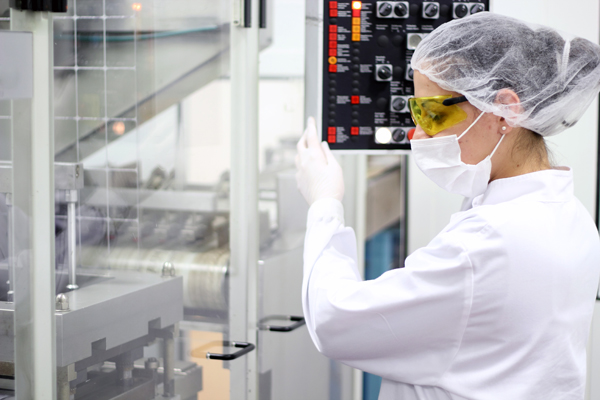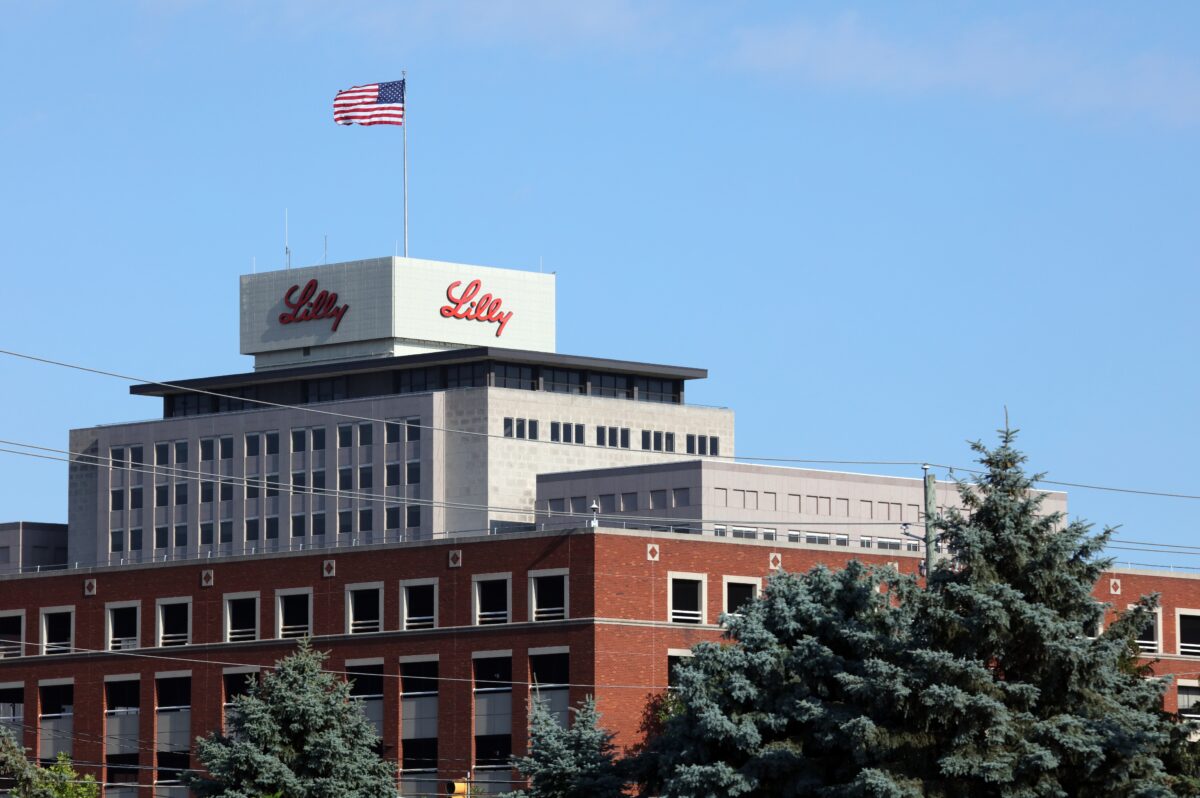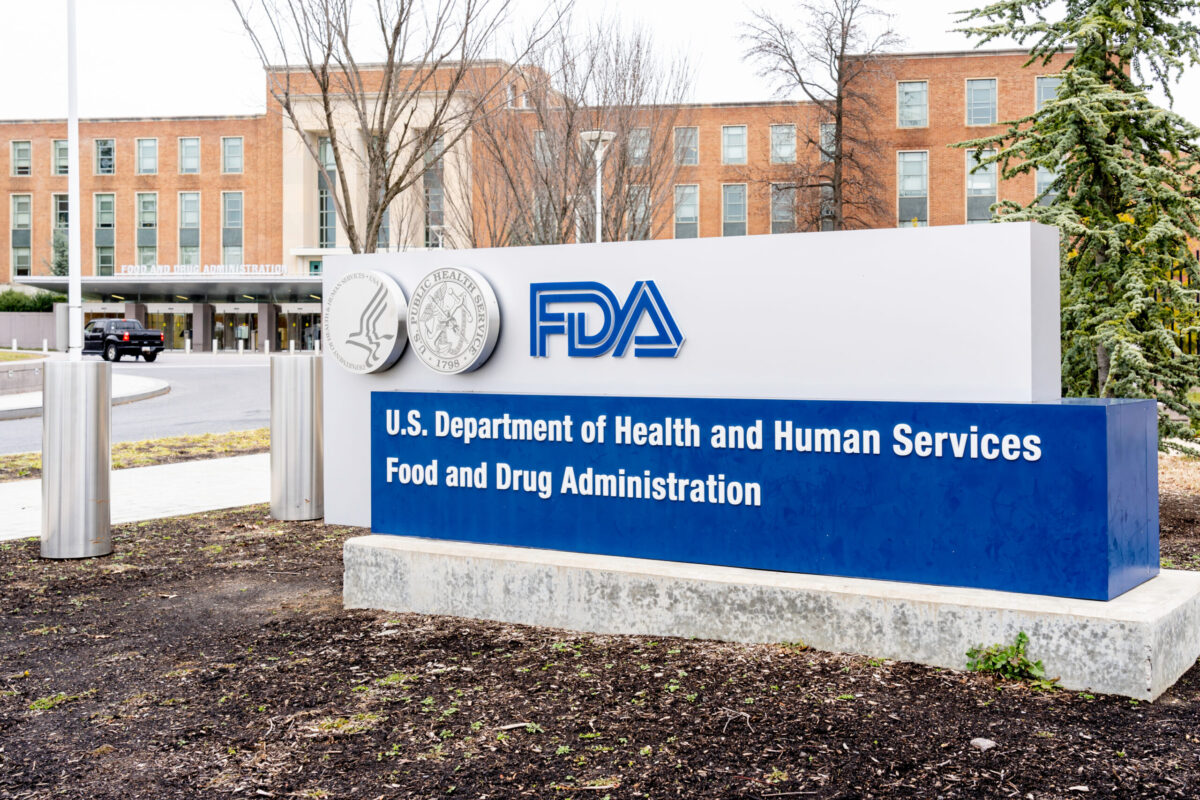Regulators in both Europe and North American have long been concerned about the safety and quality of pharmaceuticals manufactured at Chinese facilities. Recently, UK regulators identified poor practices at a GlaxoSmithKline manufacturing plant in China, and now the Food and Drug Administration (FDA) has issued a citation to a Pfizer-owned plant there as well.
According to a Form 483 issued by the FDA to Pfizer this past April, employees at their plant in Dalian, China were maintaining two different sets of manufacturing records. During their tour of the facility, inspectors were presented with a so-called ‘official’ set of records, but they uncovered a second hidden set of records in a construction area in the plant.
The two sets of records didn’t match, with the second set of records revealing some poor practices. The records showed that expired ingredients were used to manufacture certain products, and batches were repeatedly quality tested until employees were satisfied that the results would allow the drugs to pass.
Even more alarming was the discovery of an open pit that inspectors believe was being used as a urinal, with a handwashing station nowhere in sight. These infractions were detailed in a recent Bloomberg article, with Pfizer spokesman Mackay Jimeson responding, “Pfizer has responded and addressed the issues raised during a pre-approval inspection of our manufacturing site at Dalian.”
“The issues cited in the FDA Form 483 do not indicate any quality or safety concerns and do not have any impact on products currently on the market manufactured at the Dalian site,” said Jimeson. “Patient safety is of utmost importance to Pfizer, and Pfizer is committed to ensuring the safety and quality of our medicines.”
According to Bloomberg, the Pfizer representative would not specify what pharmaceuticals were manufactured at the Dalian plant. The inspection was conducted shortly after the FDA issued a citation to a manufacturing plant in Taizhou, which is jointly operated by Zhejiang Hisun Pharma and Pfizer.
Pfizer and Hisun joined forces in 2012 to manufacture and market a selection of Pfizer’s off-patent drugs in China. In March, the FDA issued an import alert after the inspection of the Hisun plant uncovered a “lack of integrity.”
Before the most recent issue with Pfizer’s Chinese plant, the European Medicines Agency (EMA) revoked the manufacturing certificate from a GlaxoSmithKline-owned facility in Tianjin, China. Following the EMA’s inspection, the plant was damaged by a series of explosions in the industrial area surrounding the factory, and subsequently shut down.
While Chinese manufacturers are certainly market leaders for inexpensive active pharmaceutical agents, their safety records show a troubling trend of non-compliant practices. In 2008, dozens of dialysis patients died after being administered poorly-made heparin from a Chinese facility. Since then, the FDA has had a presence in the Chinese pharmaceutical manufacture industry, to ensure that inspections are being performed and that manufacturing practices are up to code. The FDA has had trouble in recent years with increasing their presence in China, as officials have failed to approve additional visa applications.
Sources:
- FDA cites Pfizer for shortfalls at Chinese manufacturing plant – http://www.fiercepharma.com/story/fda-finds-fault-pfizer-china-plant/2015-11-02
- FDA Says Chinese Pfizer Plant Hid Failures, Used Old Ingredients – http://www.bloomberg.com/news/articles/2015-10-30/fda-says-chinese-pfizer-plant-hid-failures-used-old-ingredients












Join or login to leave a comment
JOIN LOGIN